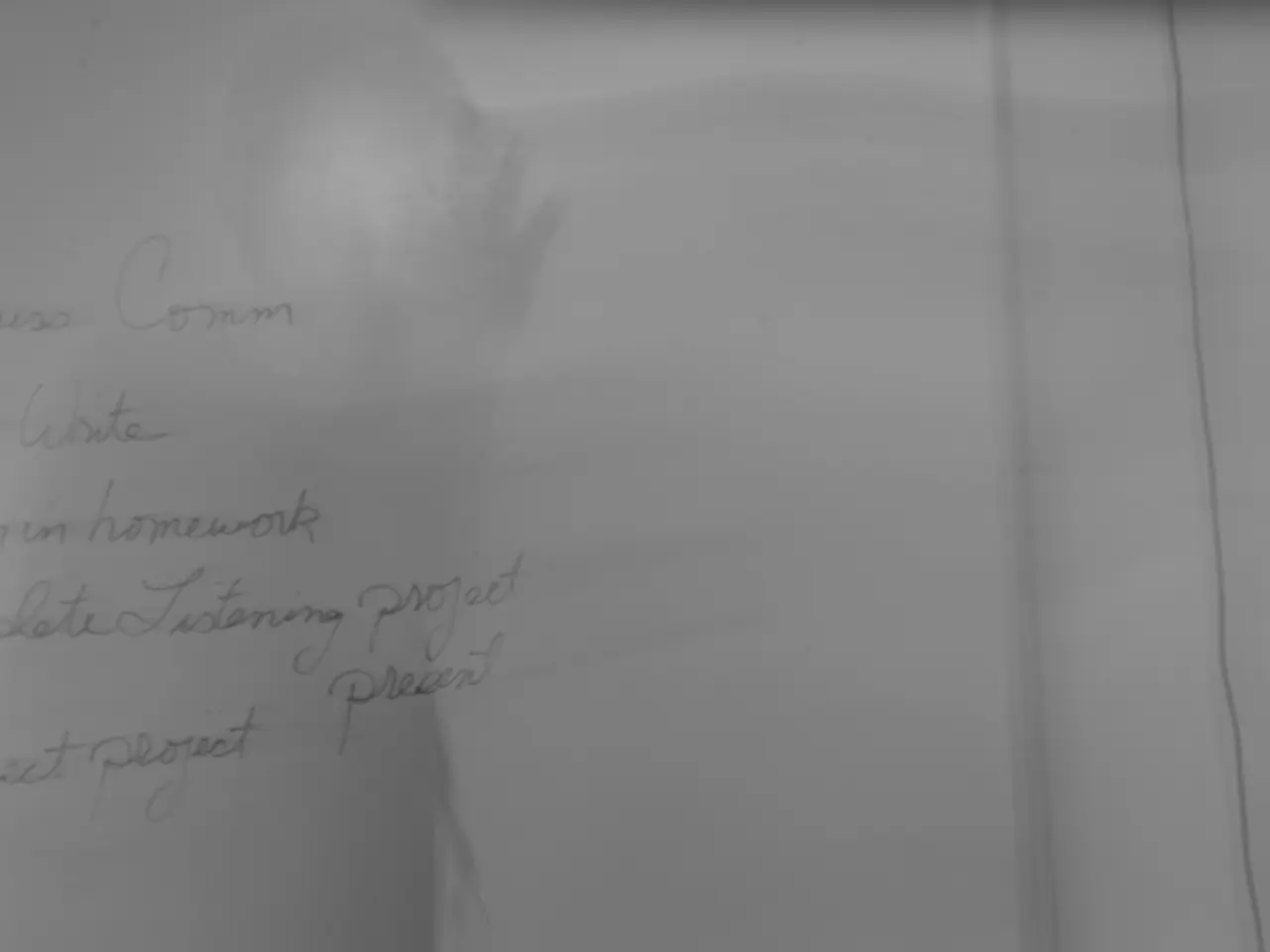Shift in Tax Audit Practice: Reduction in Audit Scrutiny for Business Entities
In a report published by the "Süddeutsche Zeitung" in 2024, it was revealed that the number of tax audits in companies has seen a significant decrease over the past decade. This decline, according to the investigation, has been observed across 16 federal states.
The decrease in tax audits has been attributed to two main factors: staff shortages in tax authorities and the high administrative effort associated with the property tax reform. These factors have diverted resources and reduced capacity for conducting audits, leading to fewer company tax audits.
Tax offices have fewer qualified personnel available, limiting their ability to carry out extensive audits. The extensive reforms in property tax require substantial administrative focus and workload, which further reduces audit activity in other areas such as corporate taxes.
As a result, the number of company tax audits has decreased by nearly 60%, reaching around 140,000. In the previous year, 1.7% of businesses, or 146,516, were audited, according to the Federal Ministry of Finance.
Anne Brorhilker, a former public prosecutor and the managing director of the Initiative Finanzwende, has criticized this trend. She stated that strengthening the tax authorities in terms of personnel and structure is necessary to strengthen our rule of law and democracy. Brorhilker suggested that if the states are unable to hire enough staff, the federal government should step in.
Brorhilker also highlighted that additional auditors generate multiple times the revenue they cost to employ. She argued that the cost of employing auditors is lower than the revenue generated through tax audits.
The states have cited staff shortages as a reason for the decline in tax audits. Many auditors are assisting with other projects, such as the reform of property tax. In 2024, the tax authorities employed 12,359 auditors, which is almost 10% less than in 2015.
The rate for large companies was significantly higher at 17.8%. However, it's important to note that audit cases are becoming more complex and time-consuming, which could potentially impact the audit rate for all companies.
Despite these challenges, it's clear that addressing staff shortages and regulatory workload is crucial to ensuring a robust tax audit system. This will not only help in collecting back taxes but also strengthen our rule of law and democracy.
The decrease in company tax audits is primarily due to staff shortages and the administrative workload associated with property tax reform in tax authorities, leading to a reduction in audit capacity.
Strengthening the tax authorities with additional personnel and structural reforms, as suggested by Anne Brorhilker, can generate multiple times the revenue they cost to employ and help strengthen our rule of law and democracy.




